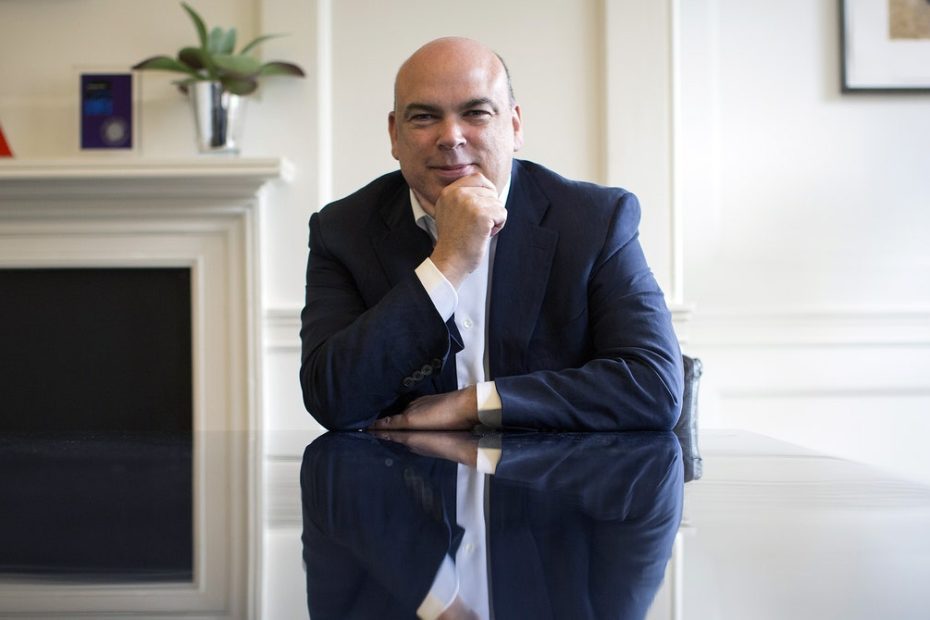British software magnate Mike Lynch, 59, has died after the superyacht he was in sank off the coast of Sicily, where he had been celebrating his acquittal of fraud by a US jury a few weeks earlier.
Lynch, his teenage daughter Hannah and four other passengers, including Morgan Stanley international chairman Jonathan Bloomer (formerly of Lynch's firm Autonomy) and Lynch's lawyer Chris Morvillo, a partner at Clifford Chance, were reported missing when the yacht sank. After a three-day search, the Italian coast guard reportedly confirmed that Lynch died near the wreck. Lynch's daughter remains missing, but the bodies of the other passengers have reportedly been identified.
Lynch is survived by one daughter and his wife, Angela Bacares, who was among the 15 people aboard the Bayesian who were rescued by emergency services.
The entrepreneur was initially reported missing after the Bayesian—a 180-foot luxury vessel reportedly registered to a company owned by his wife—was battered by a violent windstorm in the early hours of the morning. The storm, a type of maritime tornado known as a waterspout, reportedly toppled the yacht’s mast, causing the boat to capsize and sink.
The yacht's name is said to honor Reverend Thomas Bayes, a man who in the 18th century sought to prove the existence of God through mathematics. Bayes' work helped make Lynch's fortune: his theorem was the foundation of Autonomy's ability to analyze large data sets. Autonomy, a software company Lynch co-founded in 1996, would become one of the U.K.'s most successful technology exports in an era otherwise dominated by Silicon Valley. In a 2015 interview with WIRED , Lynch said that Bayes “will probably turn out to be to the information age what Einstein was to physics.”
Lynch was born in Ireland in 1965 but grew up in Essex, England. He studied natural sciences at the University of Cambridge, where he later gained a PhD in mathematical computer science and became a research fellow.
Autonomy wasn’t the only company Lynch founded. In the 1980s, he founded Lynett Systems, which supplied audio products to the music industry. In 1991, he started Cambridge Neurodynamics, a company specializing in fingerprint recognition. In 2012, he founded Invoke Capital, a vehicle for investing in British technology companies that later provided seed funding to the now publicly traded cybersecurity company Darktrace.
In 2006, Lynch was awarded an OBE (Order of the British Empire) in recognition of his contribution to British business. In 2011, he became an adviser to the British government on science and technology.
However, Lynch's public perception would be shaped by the sale of Autonomy to Hewlett Packard in 2011 for $11.7 billion. The deal fell apart soon after completion, and he was subsequently accused of fraud.
Within a year, HP had written down the value of the purchase by $8.8 billion, claiming it had uncovered “serious accounting irregularities” and “outright misrepresentations.” In 2019, the U.S. Justice Department brought 17 criminal charges against Lynch based on those claims. The superseding indictment included a variety of charges, including wire fraud and conspiracy.

